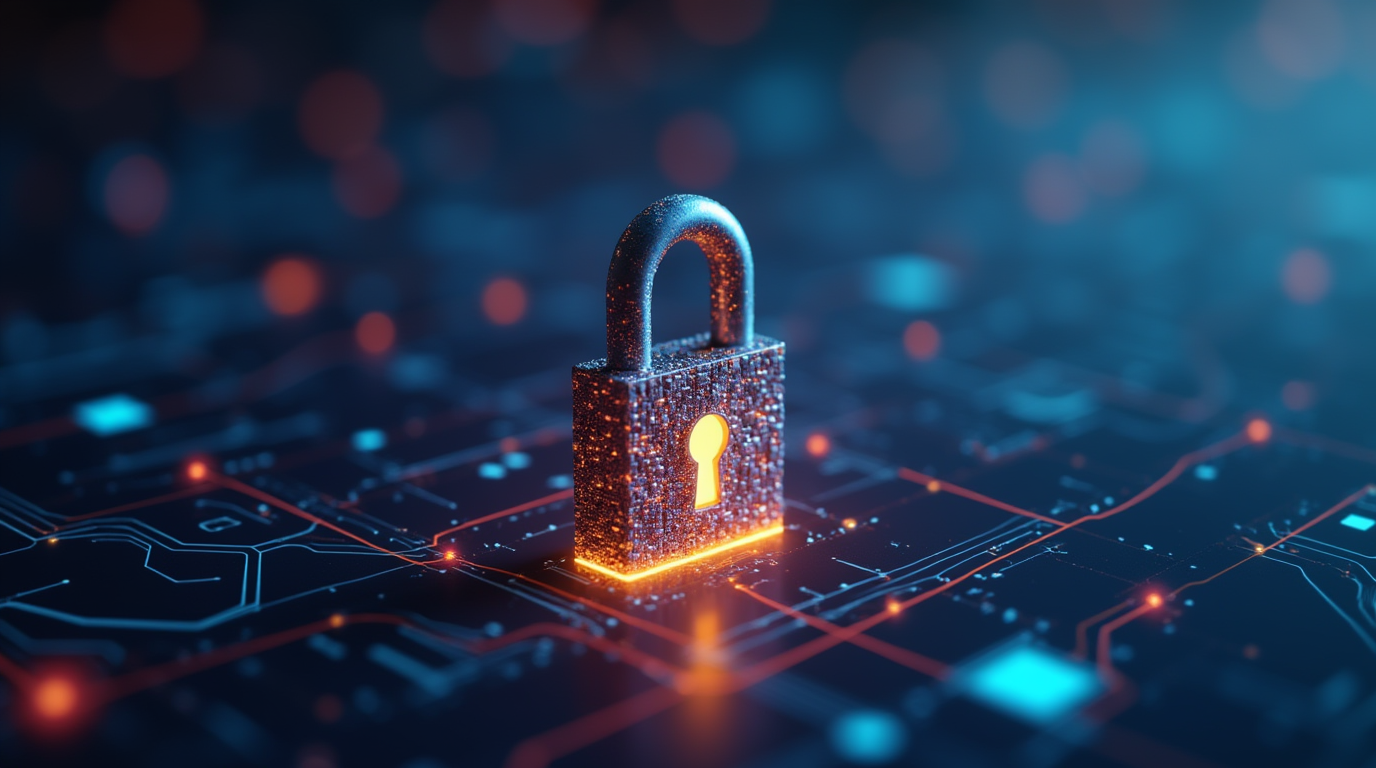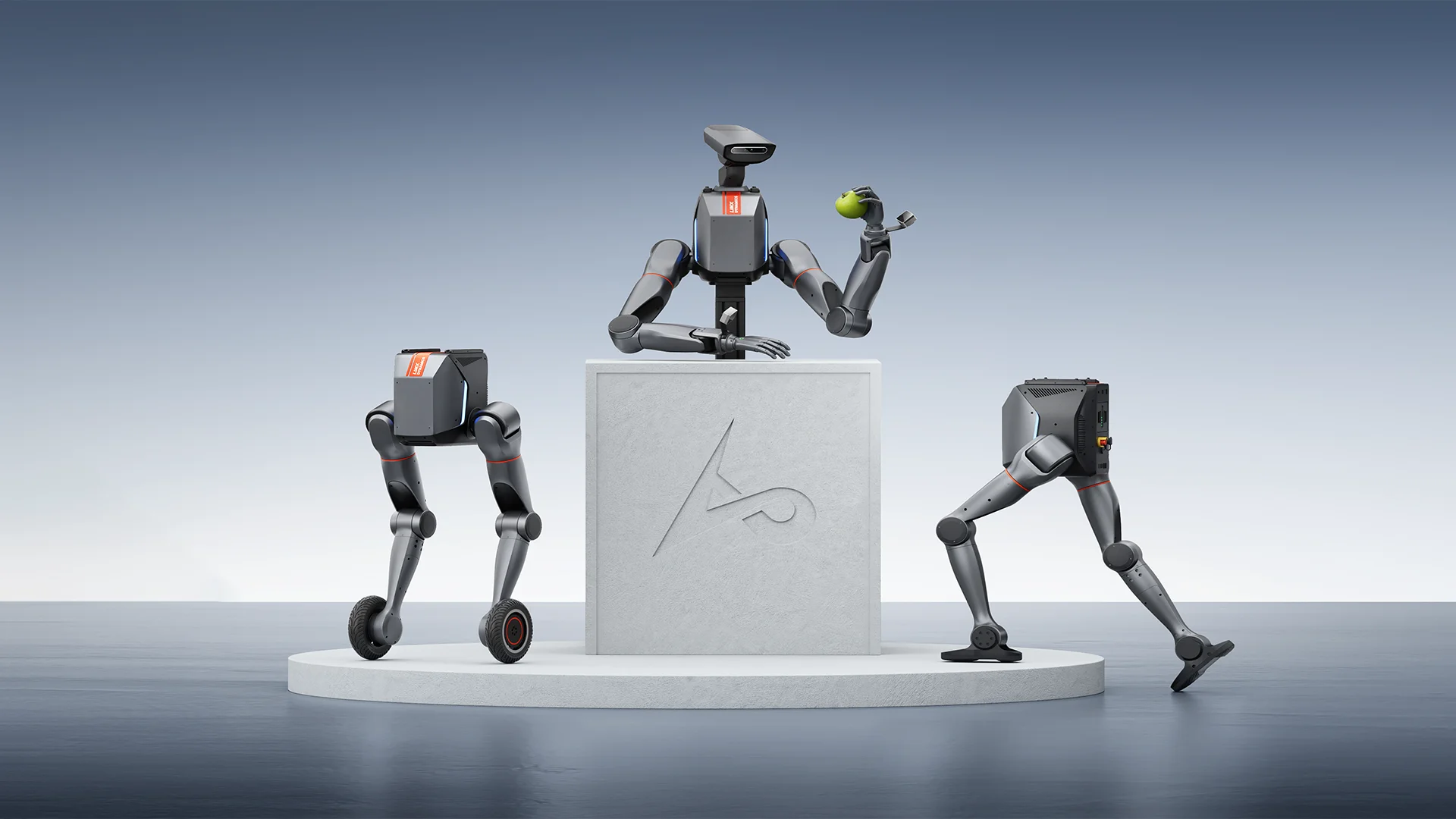We live in an age where digital permeates every aspect of our lives, from communications to finance and entertainment. This growing dependence on the virtual world makes us increasingly vulnerable to cyber attacks. Cybersecurity has become a top priority for both companies and governments. In this scenario, artificial intelligence (AI) emerges as a powerful ally, offering new and innovative solutions to protect our data and systems.
The digital world is a breeding ground for cyber attacks. Cybercriminals are using increasingly sophisticated techniques to infiltrate computer systems and steal sensitive data. To counter this threat, companies are increasingly investing in artificial intelligence.
How AI can protect your business
- Early threat detection: AI can analyze massive amounts of data in real time, identifying abnormal patterns that could indicate an ongoing attack. This allows for rapid intervention and limited damage.
- Behavioral analysis: AI can analyze the behavior of users and computer systems, identifying any deviations from normal that could signal an attack.
- Protection against emerging threats: Cyber threats are constantly evolving. AI is able to adapt quickly to new attacks, learning from data and constantly improving its defenses.
- Response automation: AI can automate many of the incident response tasks, such as isolating compromised systems and removing malware.
- Endpoint security enhancement: AI can protect end-user devices, such as computers, smartphones and tablets, from malware and other threats.
Use cases of AI in Cybersecurity
AI is applied in different areas of cybersecurity:
- Detection and Response: AI can be used to detect malware, phishing, intrusions and other cyber threats, as well as automatically respond to incidents.
- Threat Intelligence: AI can analyze information from multiple sources to identify new emerging threats and predict future attack trends.
- Network Security: AI can monitor network traffic, identify anomalies and protect networks from intrusions.
- Endpoint Security: AI can protect end-user devices by analyzing their behavior and detecting malware or suspicious activity.
- Malware analysis: AI can analyze the malware’s code to identify its characteristics and develop countermeasures.
- Identity protection: AI can authenticate users more securely, using biometrics and behavioral analysis.
The benefits of using AI in cybersecurity
- Speed: AI can analyze data much faster than a human, allowing threats to be identified and addressed in real time.
- Accuracy: AI can identify threats that may be beyond the human eye, thanks to its ability to analyze large amounts of data and identify complex patterns.
- Scalability: AI can be easily scaled to protect networks of any size.
- Automation: AI can automate many of your security tasks, freeing up IT staff to focus on more strategic tasks.
Challenges and opportunities
Despite the many benefits, there are also challenges to using AI in cybersecurity:
- False positives and false negatives: AI can generate false alarms, overloading security teams, or it may miss some threats.
- Data dependency: AI’s effectiveness depends on the quality and quantity of data it is trained to use.
- Artificial intelligent attacks: Opponents can try to deceive or corrupt AI systems, making them vulnerable.
- Ethics: The use of AI raises important ethical issues, such as privacy and transparency.
However, the opportunities offered by AI are too great to be ignored. Companies that can make the most of AI will be able to protect their data and reputation more effectively.
The Future of Cybersecurity
The future of cybersecurity will be increasingly AI-centric. Artificial intelligence technologies will continue to evolve, offering new and innovative solutions to address cyber threats. However, it is crucial that the development and use of AI be accompanied by ethical reflection and appropriate regulation.
Conclusions
Artificial intelligence is a powerful weapon in the fight against cyber threats. However, in order to exploit its potential to the full, it is necessary to address the challenges and limitations that it entails. The cybersecurity of the future will be characterized by a close collaboration between human experts and AI systems, in a proactive and adaptive defense perspective.






